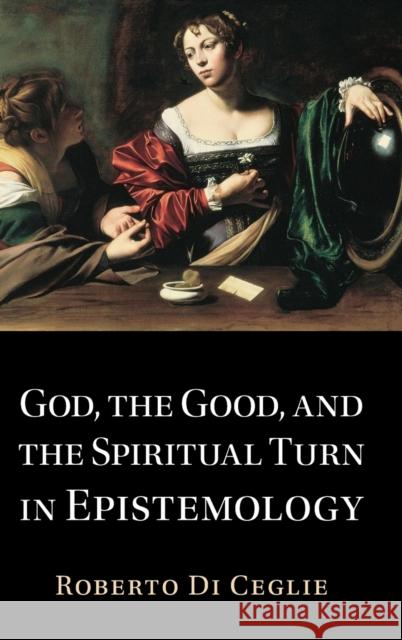God, the Good, and the Spiritual Turn in Epistemology » książka
topmenu
God, the Good, and the Spiritual Turn in Epistemology
ISBN-13: 9781009203555 / Angielski / Twarda / 2022
God, the Good, and the Spiritual Turn in Epistemology
ISBN-13: 9781009203555 / Angielski / Twarda / 2022
cena 368,21
(netto: 350,68 VAT: 5%)
Najniższa cena z 30 dni: 363,79
(netto: 350,68 VAT: 5%)
Najniższa cena z 30 dni: 363,79
Termin realizacji zamówienia:
ok. 16-18 dni roboczych.
ok. 16-18 dni roboczych.
Darmowa dostawa!
An investigation showing that commitments to God and/or the good generate the best possible condition to achieve knowledge.











